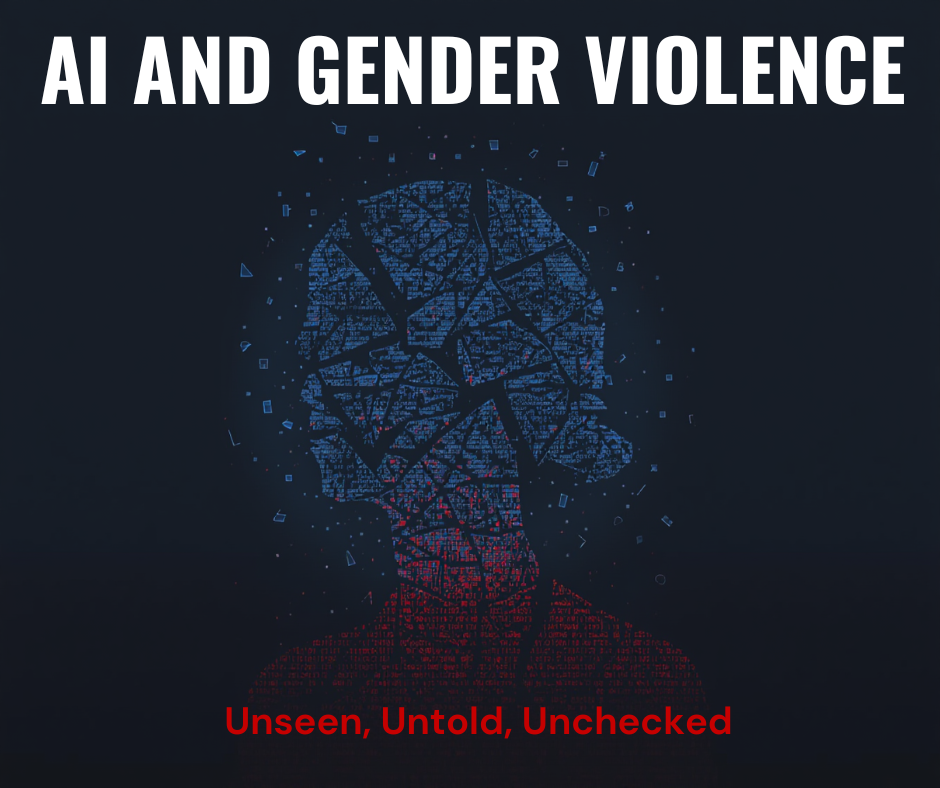Posted by S Rao
Alexandra Elbakyan is a former bioengineer turned computer programmer from Kazakhstan. She is best known as the developer of Sci-Hub (the LibGen of science based academics), removing paywalls from millions of scientific research articles.
If you are studying or working in a STEM field, chances are you have had to work on a research-based project. Depending upon the field, any meaningful project would usually require that you go through up to a few hundred research papers. However, 70% of research papers are behind paywalls, which means having to obtain individual articles from the journals at a cost of $30-50 per article, or a yearly subscription (typically costing several hundred dollars for an individual, or five to thirty thousand dollars for an institution).
Also Read: Is Science Free From Gender Bias?
In other words, the preliminary work involved in a project typically costs much the same as a small research grant. This means that, unless you are working or studying at a premier institute, the chances of one being able to carry out productive research are extremely low. This current system harms students from lower-income backgrounds, who often end up studying in institutes and colleges with lower research funding. Students studying in smaller institutes, unable to pay for publications, are at a huge disadvantage. It is almost impossible for them to catch up to their peers at well-funded institutes.
This was the scenario a few years ago. Now, a game changer has arrived on the scene. Founded in 2011, Sci-Hub – a site providing free access to scientific research publications – provides access to more than 60 million publications free of charge.
Sci-Hub was created by Alexandra Elbakyan, a Kazakhstani computer programmer. A graduate student working on her thesis, Elbakyan was frustrated at the lack of access to the research papers she needed. Unable to afford the subscription charges, she learnt how to circumvent publishers’ paywalls. In 2011, she decided to automate the process and Sci-Hub was created.
Sci-Hub blatantly ignores copyright laws. Initially, Sci-Hub did not attract much attention from the mainstream. By 2015, however, it had grown too big for publishers to ignore. The Dutch company Elsevier, with support from other publishers, brought a US lawsuit against Elbakyan. Elbakyan responded with a defiant letter to the judge, arguing that the current subscription-based business model itself is illegal, quoting the UN Declaration on Human Rights:
“Everyone has the right to freely participate in the cultural life of the community, to enjoy the arts and to share in the scientific advancement and benefits.”
In November 2015, the court eventually ruled in favour of Elsevier, and Elbakyan was ordered to pay $15 million in damages. Access to the site’s domain was suspended. Sci-Hub resurfaced once more under another domain less than a month later. Elbakyan herself, facing extradition and possible jail time, went into hiding. Since then, the number of daily visitors to Sci-Hub has exploded. As of early 2016, the website claims to have received over 200,000 requests per day, and the majority of these requests come from developing countries like India and China.
Students studying in smaller institutes, unable to pay for publications, are at a huge disadvantage.
Little is known about Elbakyan herself, due to her legal troubles. However, her actions have initiated a discussion about the current academic publishing system. Sci-Hub is, undoubtedly, unquestionably, illegal: it systematically violates copyright laws. Many have advocated moving to the open-access model – wherein the authors pay a certain amount to publish their research, and the paper is then available for free for whoever wishes to read it.
Others believe that what Sci-Hub is doing is little better than stealing, and that Elbakyan’s actions display her arrogance and disregard for the law. However, many in the scientific community believe that Sci-Hub is a symptom of the problem. Elbakyan has mentioned that several researchers have donated their usernames and passwords to help Sci-Hub circumvent paywalls. Nature, one of the top scientific journals, named her one of the 10 most influential people of 2016.
It is worth noting, however, that the current debate about journal paywalls and their ethicality would not have occurred if Sci-Hub had not been created in the first place. Whether you agree with Elbakyan’s actions or not, there can be little doubt that she has triggered a move to level the playing field and make scientific research more accessible. Sci-Hub has changed the face of scientific publication forever, and the ensuing discussion has brought us a step closer to a more equitable world.
Also Read: A Tribute To Maryam Mirzakhani: First Woman To Win Mathematics’ Fields Medal
S Rao is a 21 year old woman and a student of Chemical Engineering, currently based in Mumbai. In her spare time, she likes reading about women in STEM fields and their achievements.
Featured Image Credit: Nature
About the author(s)
Guest Writers are writers who occasionally write on FII.




